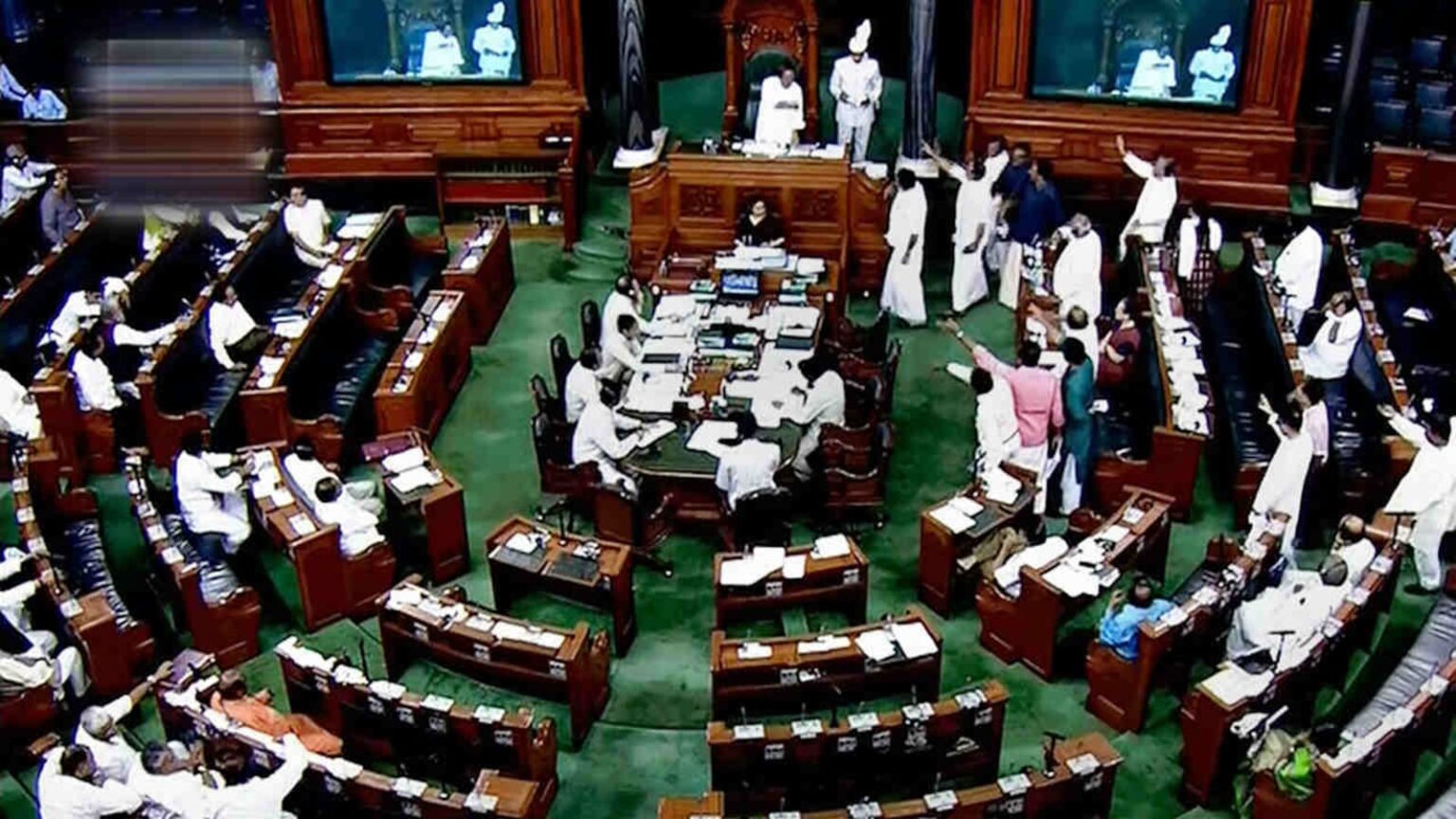The Telecommunications Bill 2023, introduced in India’s Lok Sabha by Communications, Electronics and Information Technology Minister Ashwini Vaishnaw, marks a pivotal shift in telecom regulations, replacing the 138-year-old Indian Telegraph Act. Introduced as a money bill, this bill grants the government extensive control over telecommunication services for national security. It uniquely includes internet-based calling and messaging apps (OTT platforms) under telecom services, enhancing user safety. However, it also raises concerns about privacy and government surveillance. The bill modifies the Telecom Regulatory Authority of India’s (TRAI) powers, leading to industry apprehensions. Balancing national security with individual rights and industry growth remains a crucial aspect of this legislative update.
Table of Contents
The Telecommunications Bill 2023 includes several key features:
1. Government Control for National Security: The bill allows the government to manage or suspend telecommunication services and networks in the interest of national security. This provision grants substantial control to the government in ensuring the security and integrity of the nation’s telecommunications infrastructure.
2. Inclusion of OTT Platforms: A notable aspect of the bill is the inclusion of over-the-top (OTT) platforms, like internet-based calling and messaging apps, under the definition of telecommunications. This move aims to enhance user safety and bring these widely used platforms under regulatory oversight.
3. Changes in Regulatory Powers: The bill proposes significant changes to the powers of the Telecom Regulatory Authority of India (TRAI). It seeks to curb TRAI’s authority, a move that has raised concerns among industry players. These changes are intended to streamline regulatory processes but have sparked debate over the potential impact on the telecom industry and regulatory efficacy.
These features reflect a comprehensive approach to modernising India’s telecommunications laws, addressing current technological advancements and security needs while balancing regulatory oversight and industry interests.
Advantages
The Telecommunications Bill 2023 offers two main advantages. Firstly, it enhances national security by allowing government oversight of telecommunications services, ensuring better protection against potential threats. Secondly, it focuses on consumer protection, proposing regulatory measures to safeguard consumer interests and encourage market competition. This combination aims to create a secure and competitive telecom environment in India.
Privacy Concerns
The Telecommunications Bill 2023 raises privacy concerns, particularly regarding the potential for government overreach in surveillance. The broad powers granted for national security could lead to infringements on individual privacy and data protection, sparking debates about the balance between security and privacy rights.
Impact on Industry
The bill also presents challenges for the telecom industry, as companies must adapt to new regulations, especially concerning the inclusion of OTT platforms under telecom regulation. This adaptation may require significant changes in operations and infrastructure, potentially impacting business models and industry dynamics.
In conclusion, the Telecommunications Bill 2023 is a critical step in updating India’s telecom regulatory framework, offering enhanced national security and consumer protection. However, it also brings challenges concerning privacy and the telecom industry’s adaptation to new regulations to the forefront. The bill’s success will hinge on finding the right balance between these diverse yet interconnected aspects, shaping the future of India’s telecommunication landscape.
